Food waste is a pressing global issue with far-reaching environmental, economic, and social implications. Not only does unnecessary food disposal contribute to greenhouse gas emissions, but it also means squandered resources that went into the production, distribution, and storage of that food. With the global population continuing to rise, it’s crucial for individuals to take proactive measures. By understanding and implementing effective strategies to minimize waste, everyone can play a part in making a significant difference in this challenge.
Contents
Plan Your Meals
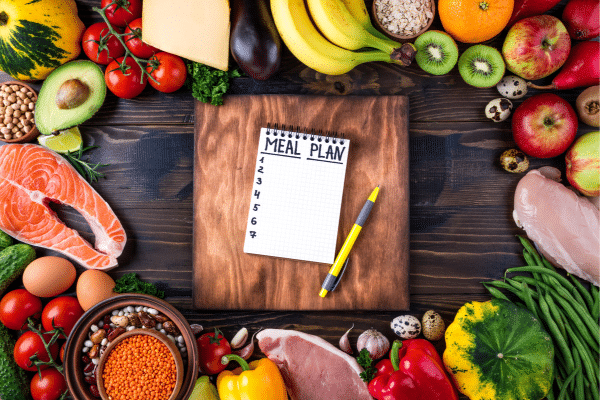
One of the primary causes of food waste is impulsive and unplanned buying. Entering a grocery store without a clear plan can lead to purchasing unnecessary items or too much of certain products that might not get consumed before they go bad. By planning meals in advance, individuals can ensure that they buy only what they need, tailored to the number of meals and portion sizes they intend to prepare. Furthermore, a well-structured meal plan also means better utilization of ingredients, ensuring that perishables are used before they spoil, thus reducing the potential for waste.
There’s no shortage of tools and resources available to assist in effective meal planning. From smartphone apps to traditional paper templates, these aids can help streamline the process, making it easier to create balanced and varied meals. Beyond just ensuring efficient grocery shopping, a consistent meal plan can also help in budget management, ensuring that money isn’t wasted on food that doesn’t get eaten.
Understand Best Before Dates
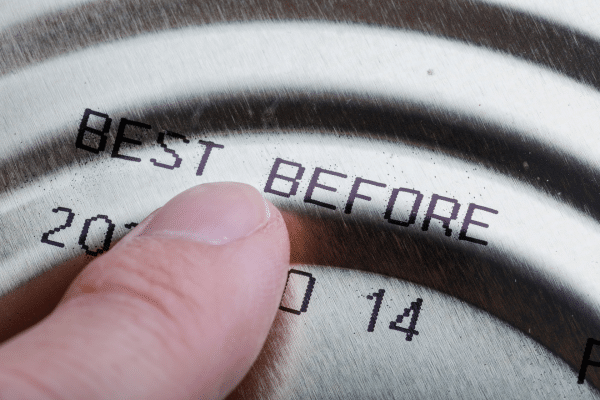
It’s a common misconception that food is unsafe to consume after its “best before” date. However, these dates are typically indicators of quality and not safety. Many items remain perfectly edible after this date, and tossing them prematurely contributes to unnecessary waste. Instead of relying solely on these labels, it’s wise to evaluate the actual state of the food. A visual inspection, coupled with a quick sniff test, can be more accurate in determining the food’s edibility than a printed date.
The labels “sell by,” “use by,” and “best before” are often used interchangeably, causing confusion among consumers. However, they serve different purposes. For instance, the “sell by” date is more for retailers, signaling when the product should be removed from shelves, while “use by” is a recommended last consumption date for the best quality. By understanding these nuances and combining them with personal judgment, individuals can make better decisions about which foods to keep and which to discard, leading to significant reductions in household food waste.
Proper Food Storage
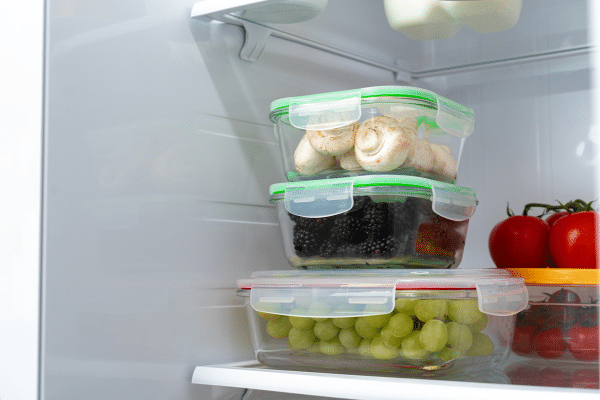
Storing food correctly is fundamental to prolonging its shelf life and preserving its freshness. Mismanagement in storage can lead to premature spoilage, even if the food items were purchased fresh. For instance, certain fruits and vegetables release gases that can speed up the ripening process of other produce. By understanding which items to store together and which to keep apart, one can prevent unnecessary spoilage. Additionally, keeping foods at the right temperature, whether in the pantry, refrigerator, or freezer, is crucial to ensuring they remain safe to eat.
While most individuals are familiar with basic storage principles, delving deeper can yield even better results. Vacuum sealing, for instance, can vastly extend the life of many food products by preventing exposure to air, a primary cause of spoilage. Similarly, understanding the optimal humidity levels for specific fruits and vegetables can prevent them from becoming too dry or too moist. It’s not just about having a refrigerator or a pantry; it’s about using them optimally to ensure food retains its quality for as long as possible.
Practice Portion Control
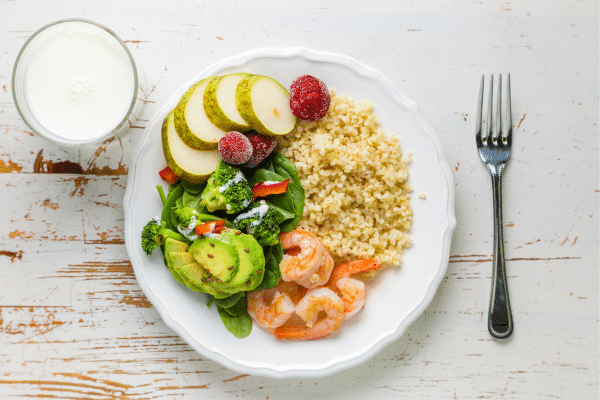
In a world of super-sized meals and buffet spreads, it’s easy to lose sight of actual portion sizes. Large portions not only contribute to food waste but also encourage overeating. By being mindful of portion sizes, individuals can ensure they prepare and consume food in quantities that align with actual dietary needs. In restaurants, where portion sizes are often excessive, considering sharing dishes or requesting half-portions can be a proactive step in reducing waste.
Mindful eating goes hand in hand with portion control. Slowing down the eating process, savoring each bite, and paying attention to hunger and fullness cues can prevent overconsumption. At home, using smaller plates or bowls can psychologically aid in portion control, as a smaller plate filled with food appears more satisfying than a large plate that’s half empty. Through awareness and simple changes, a balance between nourishment and waste reduction can be achieved.
Preserve Leftovers
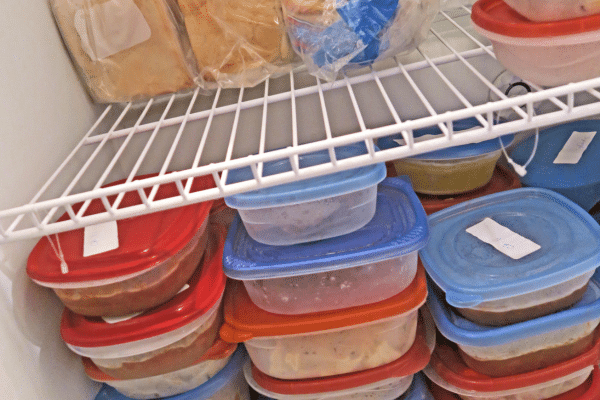
Leftovers, if managed correctly, offer a goldmine of opportunities. Instead of viewing them as mere repeats of previous meals, they can be seen as ingredients for new culinary creations. This not only adds variety to the diet but also ensures that food isn’t discarded simply because it’s been on the plate before. Safe storage is paramount, though. Ensuring that leftovers are cooled quickly and stored in airtight containers can prevent contamination and extend their usability.
Reheating leftovers is another area that requires attention. Not all foods should be reheated at the same temperature or for the same duration. Some foods, like rice, can pose health risks if not reheated to the right temperature. Others, like certain seafood, can become overcooked or lose their texture if reheated improperly. The key is to treat leftovers with the same care as fresh food, recognizing their potential and ensuring they are enjoyed safely.
Practice FIFO (First In, First Out)
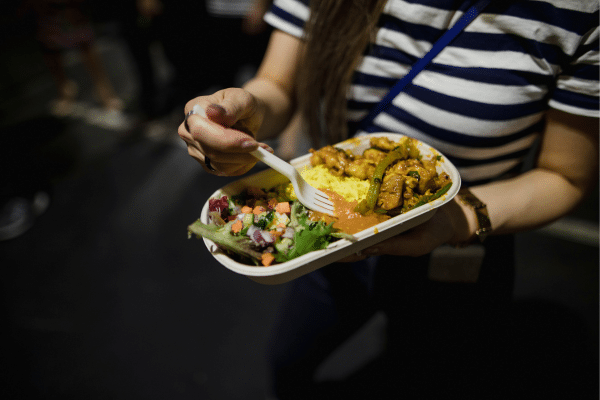
Implementing the FIFO method, especially in kitchen and pantry organization, can be instrumental in reducing waste. It means using up older items before the newer ones. This method ensures that food items don’t sit at the back of the pantry or refrigerator until they expire. Especially in busy households where groceries are frequently added, it’s easy for older items to get overlooked.
Practicing FIFO doesn’t just apply to perishables. Dry goods, canned items, and even frozen foods have a shelf life. Regularly rotating stocks and placing newly purchased items behind the older ones can make a significant difference. It becomes a simple yet effective routine: when fetching an item for cooking or consumption, take the oldest version of that item first. Over time, this practice can lead to noticeable reductions in the amount of expired or spoiled food thrown away.
Composting At Home
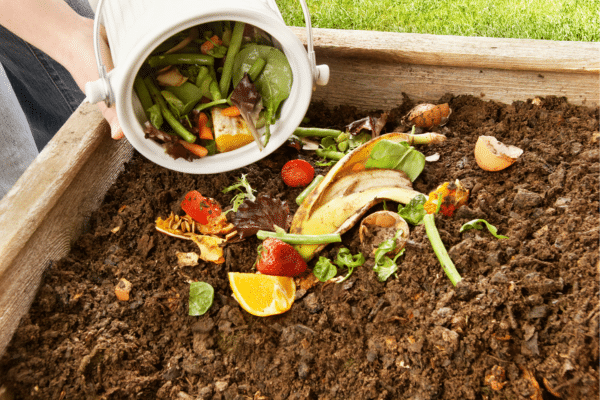
As individuals strive to minimize food waste, there will inevitably be some scraps and remnants that are inedible. Rather than sending these to the landfill, composting serves as an eco-friendly solution. Composting food scraps helps reduce methane emissions, a potent greenhouse gas, and over time turns the waste into nutrient-rich soil. This compost can rejuvenate gardens, providing plants with essential nutrients, and reduce the need for chemical fertilizers.
Starting a composting system at home is simpler than many might think. A compost bin can be set up in a backyard, balcony, or even indoors with the right equipment. Key to the process is understanding what can and cannot be composted. While fruit and vegetable scraps, coffee grounds, and eggshells are compost-friendly, meat and dairy products typically aren’t suitable for home composting systems. Over time, with minimal maintenance, these scraps transform, offering a testament to the cyclical nature of life and resources.
The Bottom Line
Addressing food waste is not just an environmental concern; it’s a reflection of a society’s values and priorities. Every morsel wasted represents resources—water, labor, energy—that were expended in vain. By adopting strategies like meal planning, understanding expiration labels, proper storage, and mindful consumption, significant strides can be made in reducing the food waste footprint. The journey towards a more sustainable and conscious future is paved with small, consistent actions that, collectively, can yield profound results.



